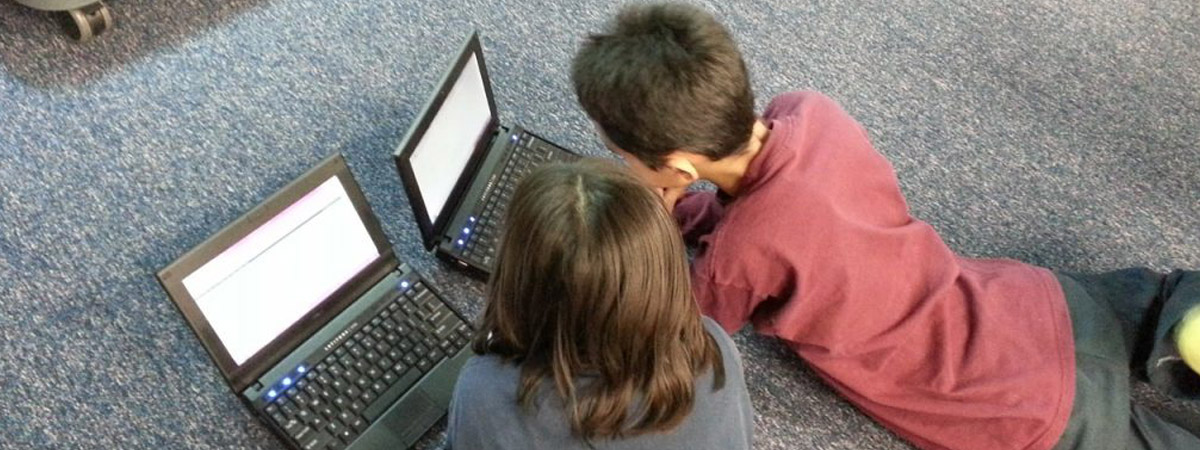
The latest revised draft of Australia’s primary school curriculum proposes to teach students about cybersecurity from the age of five.
The newly proposed curriculum for children aged five to 16 includes a new strand indicating a new discipline “Considering privacy and security” that “involves students developing appropriate techniques for managing data, which is personal, and effectively implementing security protocols.”
In the first year of schooling, children will be taught not to share personal information such as date of birth and full names with strangers online, and the importance of consulting with a parent or guardian before registering any personal information on digital platforms.
Six and seven-year-olds will become educated about pop ups, spam and online competitions. The program also aims to help kids develop “appropriate techniques for managing data, which is personal, and effectively implementing security protocols.”
Second graders will learn how to use usernames and passwords, and study the risks of clicking on various pop ups and links that might appear on the screen of their device.
In the third and fourth grade, students will become familiar with ways they can identify personal data and how it is stored by online services. They will learn this information can be linked to them and reveal their location. Additionally, teachers will discuss the importance of using nicknames and “why these are important when playing online games.”
This privacy and cybersecurity-focused curriculum will also include teaching children about the importance of respecting other online members by “responding respectfully to other people’s opinions even if they are different from personal opinions.”
As the governmental consultation process launched last week, it is not yet clear if future Australian students will become cyber-savvy netizens understanding the dangers of unsafe digital activities.
Read more about the importance of teaching children about good digital practices here.